My mother always told her children like that! I kept wondering why my father, who was a Viet Minh soldier against the French colonialists, was not mentioned; as well as our great-grandfather Nguyen Huu Huan, a staunch patriot against the French, who was beheaded by the French colonialists, and later under the colonial yoke and the puppet government of France, my mother's paternal family had to secretly visit his grave at night?!
When I entered adolescence, as a high school student, although living under the control and harshness of the police, the police, and the commune and hamlet government system of the Saigon regime, I gradually understood the righteousness of the former Viet Minh as well as the Viet Cong that the US and the Saigon regime used to refer to patriots in the South.
Through the two strategic counterattacks in the dry season of 1965-1966 and 1966-1967 that I witnessed on the Southeast battlefield, I clearly saw that the US failed to achieve its goal of “search and destroy”. In particular, in the strategic counterattack in the dry season of 1966-1967, which culminated in the Junction City operation in the Southeast and other battlefields throughout the South, the US failed.
Like many other Liberation Army soldiers on the battlefield in the Southeast, I fought directly with the American army. This reality helped me understand: the strength of the American army is limited.
I will always remember the heartfelt words of encouragement from a comrade leader of the Liberation Army: one must have eyes that can see through the fierceness to see victory. Our soldiers at that time truly demonstrated their determination, will, and courage - determined to fight, determined to win.
While the US army was at a strategic impasse, the 1968 Mau Than offensive broke out. We took to the streets “in enthusiasm and excitement to liberate the South”. Having directly fought in the attack on Saigon, both the first and second phases (May 1968), I clearly saw the courage and sacrifice of generations of our cadres and soldiers. There were times when I and many other comrades were in extremely dangerous situations, but we were all devoted to the cause of liberating the South. To this day, the call of the Regiment’s political commissar still echoes in my ears: “We are revolutionary troops, fighting only to the last drop of blood on the battlefield. Not giving up weapons. And not surrendering”. How sacred were the revolutionary sentiments and will at that time!
During the occasion of participating in the making of the documentary “Remembering Saigon Mau Than 1968”, I spoke about the significance of the victory of this historical event. “I think there is no victory without going through fierceness and sacrifice. Mau Than 1968 is one of those typical examples. The biggest thing we need to fully acknowledge is the issue of strategy. America realized that it could not win against Vietnam in this war, it had to “de-escalate” and had to find other ways, it could not directly fight us. It had to change its strategy, from a local war strategy to a Vietnamization strategy. And the consequences of the Vietnamization strategy, history has proven; the historical event of April 30, 1975 made that clear.”
Looking back at the history from after Mau Than 1968 to the day of complete victory on April 30, 1975, we see that our Party has deeply imbued Uncle Ho's strategic thinking. We "both fought and negotiated" while consolidating and building forces, continuously attacking the enemy in a situation where the US had to withdraw its troops one by one. Like many other soldiers in my unit, I was extremely worried about the developments of the strategic raid by American B52 aircraft on Hanoi and Hai Phong at the end of 1972; and was extremely excited when our army and people created a "Dien Bien Phu" in the air, forcing the US to sign the Paris Agreement ending its involvement in Vietnam. With no support, the Saigon regime and army quickly collapsed before the offensive of our army and people in the Great Spring Victory of 1975.
The victory of our people's resistance war against the US to save the country, with the decisive climax being the Great Victory of Spring 1975, has profound historical significance. It is one of the theoretical and practical bases for our Party to set out the correct policies and guidelines in building and defending the Fatherland during the period of peaceful reunification of the country.
However, hostile forces, hegemonic expansionism of big countries with their own strategic plots supported and directed the reactionaries Pol Pot and Ieng Sary to conduct an aggressive war on the southwestern border of our country. Failing in this strategy, they did not hesitate to launch an aggressive war on the entire northern border. With the insolent trick of “teaching Vietnam a lesson”.
Being present at the historical moment on the northern border battlefield of the Fatherland; I saw with my own eyes the crimes of the invaders, and the hatred of our people, especially the ethnic people. In the context of us having to face the war of aggression on both the southwestern and northern borders, the US colluded with the expansionist hegemony of big countries to blockade and embargo, causing us many more difficulties.
Striving for peace, cooperation and development on the basis of respecting each other's independence, sovereignty and territorial integrity, and mutual benefit is a policy to maintain peace, build and develop the country sustainably. I think that is something that needs to be deeply pondered for now and forever. That is also the aspiration, and deepens national pride in the resistance war against foreign invaders as well as the Great Victory of Spring 1975.
Source: https://thanhnien.vn/nhin-lai-cuoc-chien-nghi-ve-hoa-binh-185948487.htm


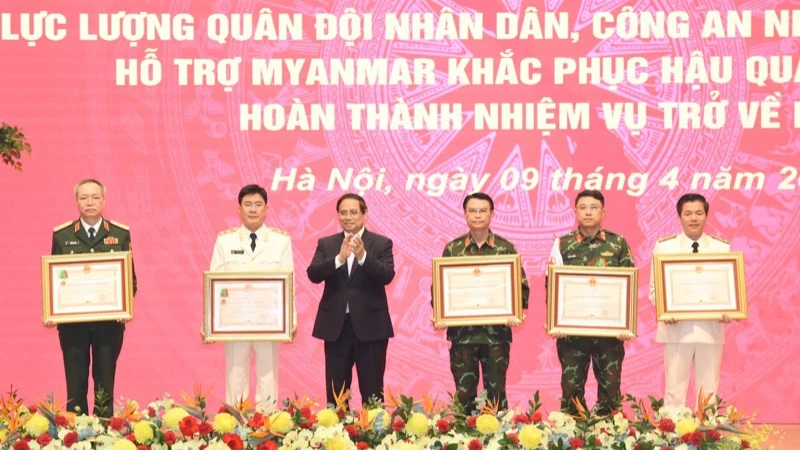

![[Photo] Prime Minister Pham Minh Chinh commends forces supporting Myanmar in overcoming earthquake consequences](https://vstatic.vietnam.vn/vietnam/resource/IMAGE/2025/4/10/e844656d18bd433f913182fbc2f35ec2)
![[Photo] Opening of the 11th Conference of the 13th Party Central Committee](https://vstatic.vietnam.vn/vietnam/resource/IMAGE/2025/4/10/f9e717b67de343d7b687cb419c0829a2)
![[Photo] April Festival in Can Tho City](https://vstatic.vietnam.vn/vietnam/resource/IMAGE/2025/4/10/bf5ae82870e648fabfbcc93a25b481ea)

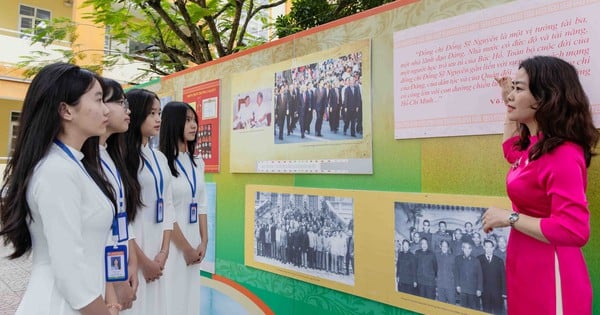

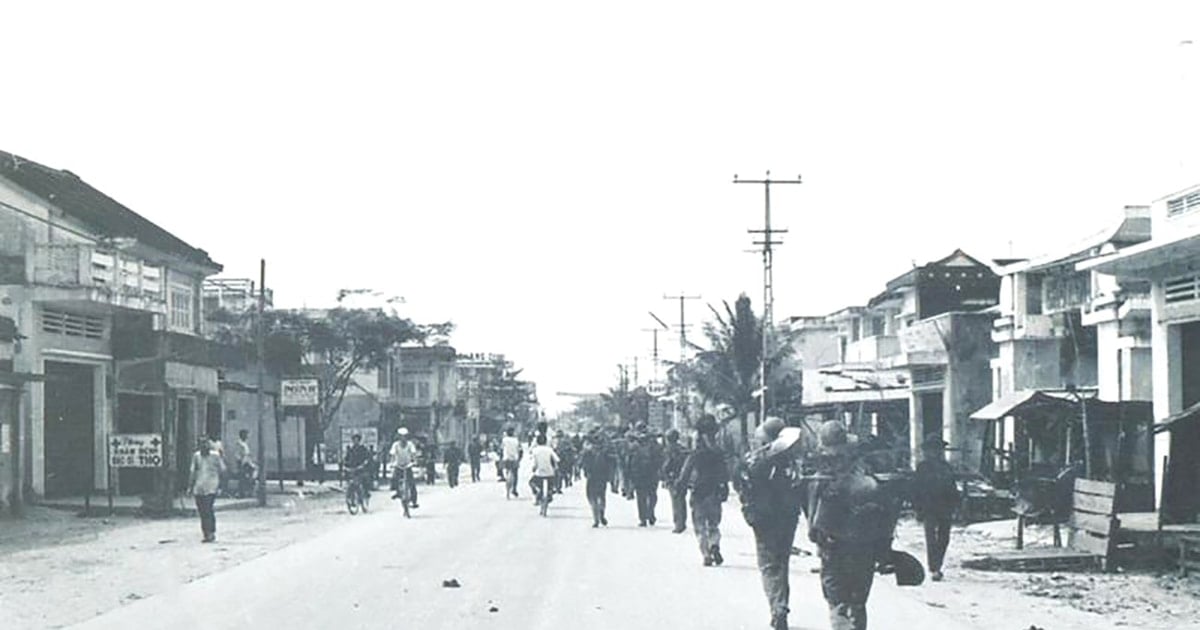

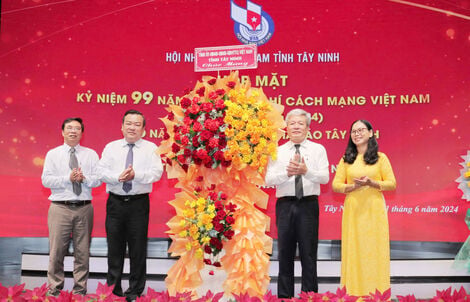




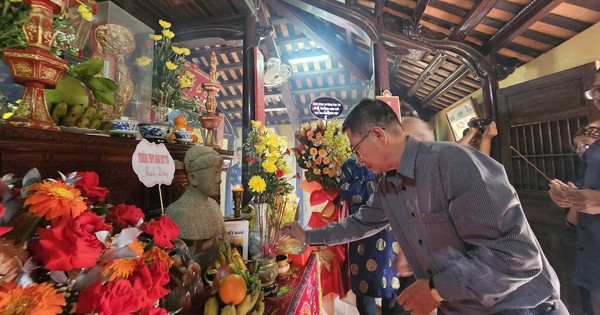
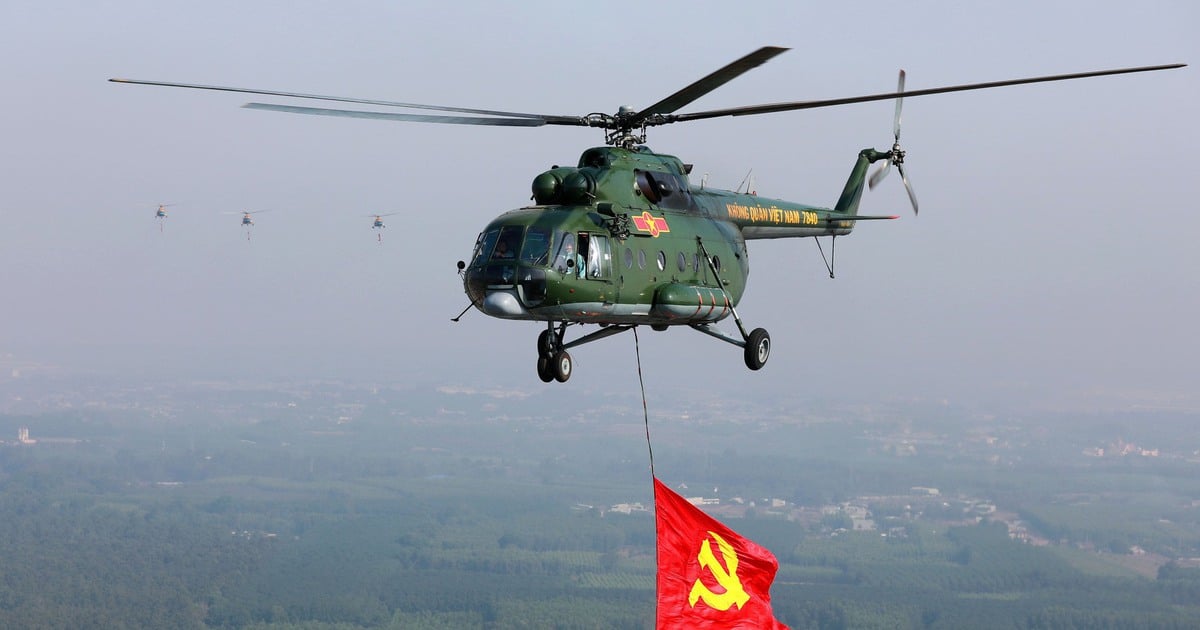
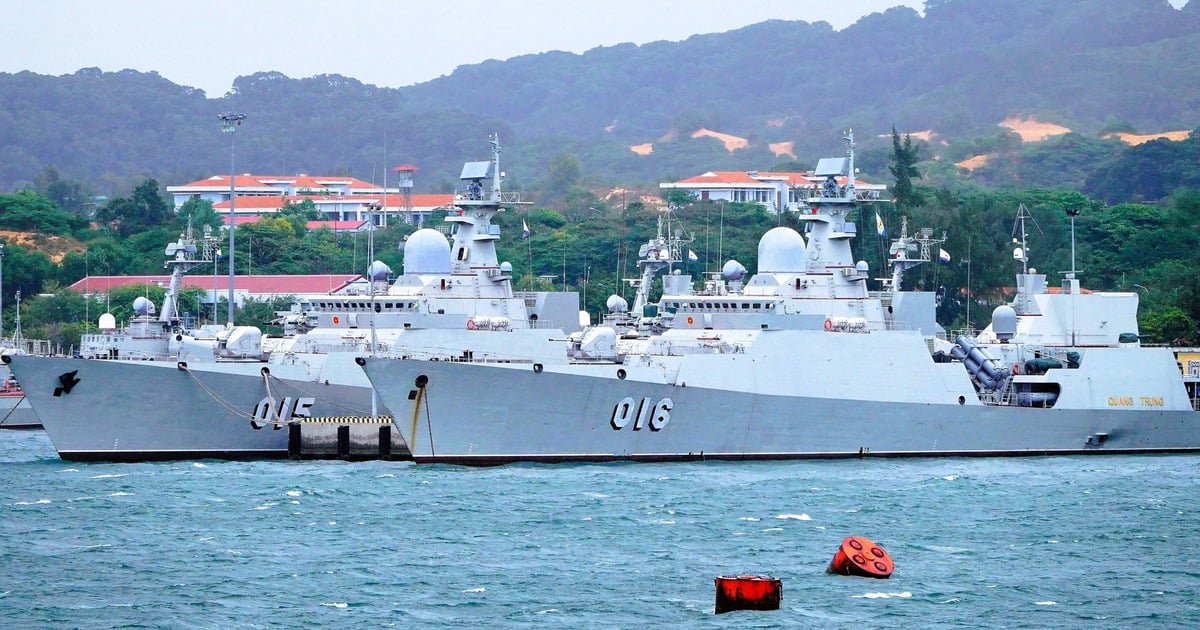
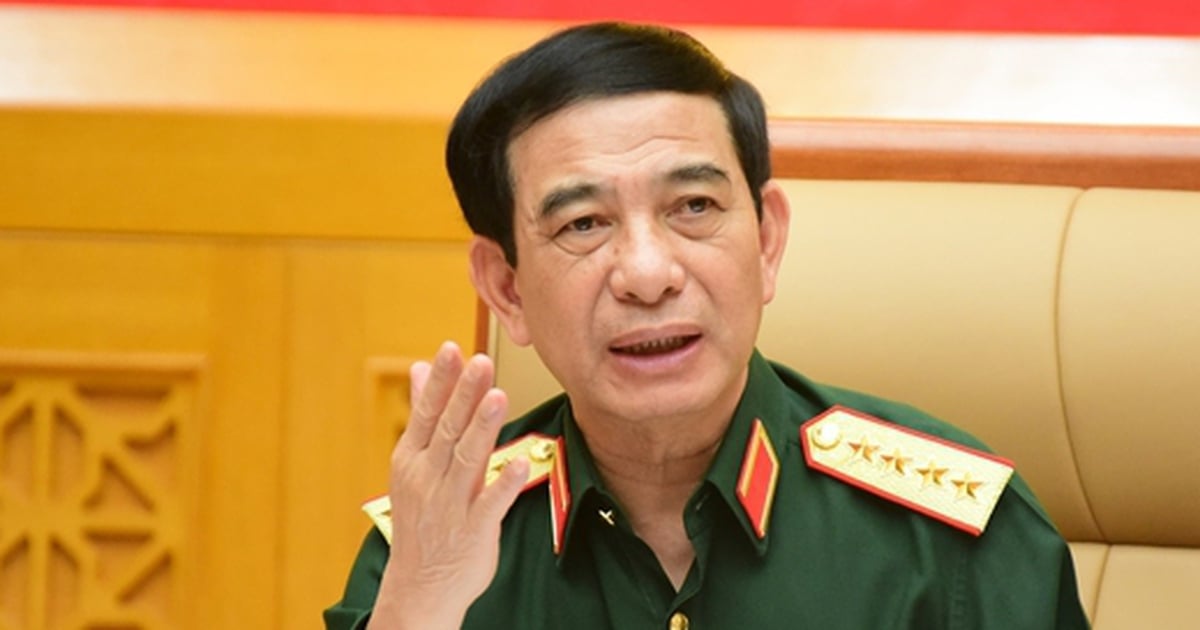
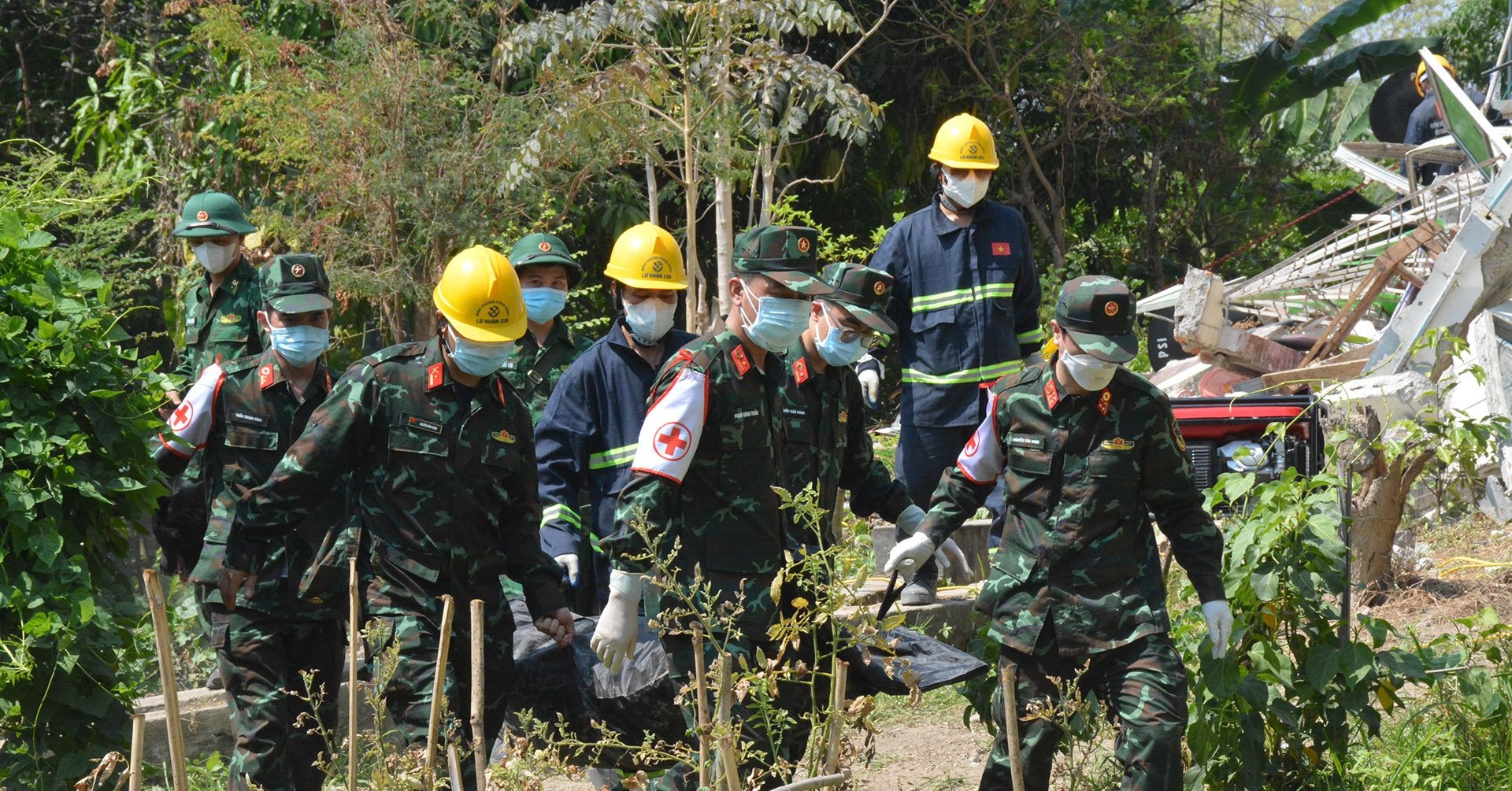
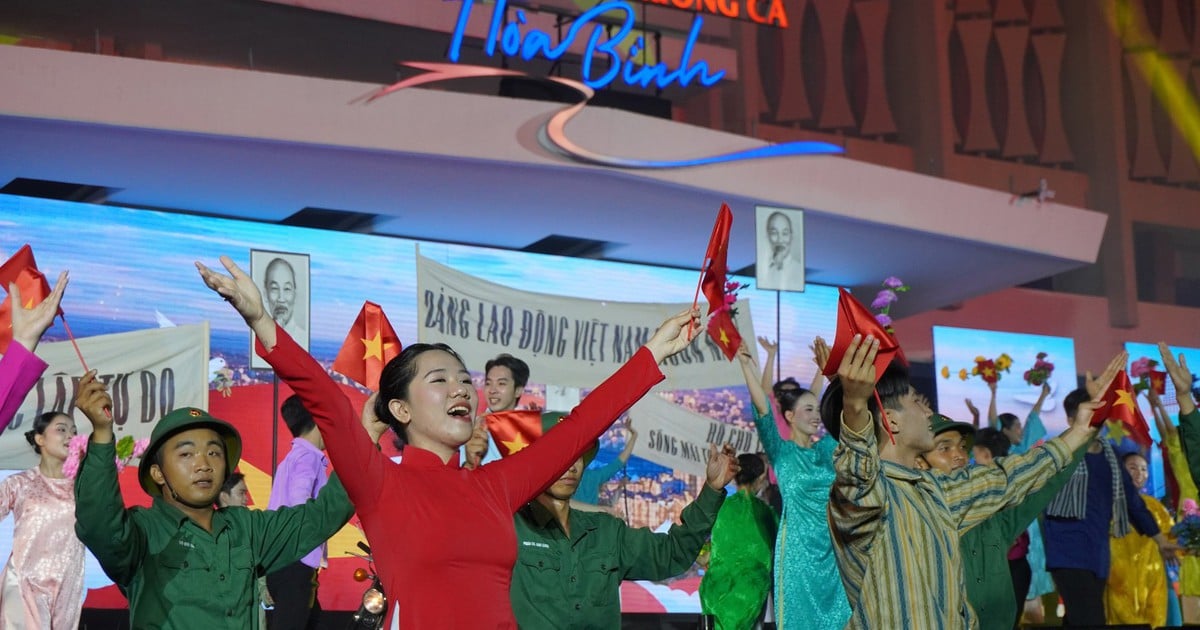
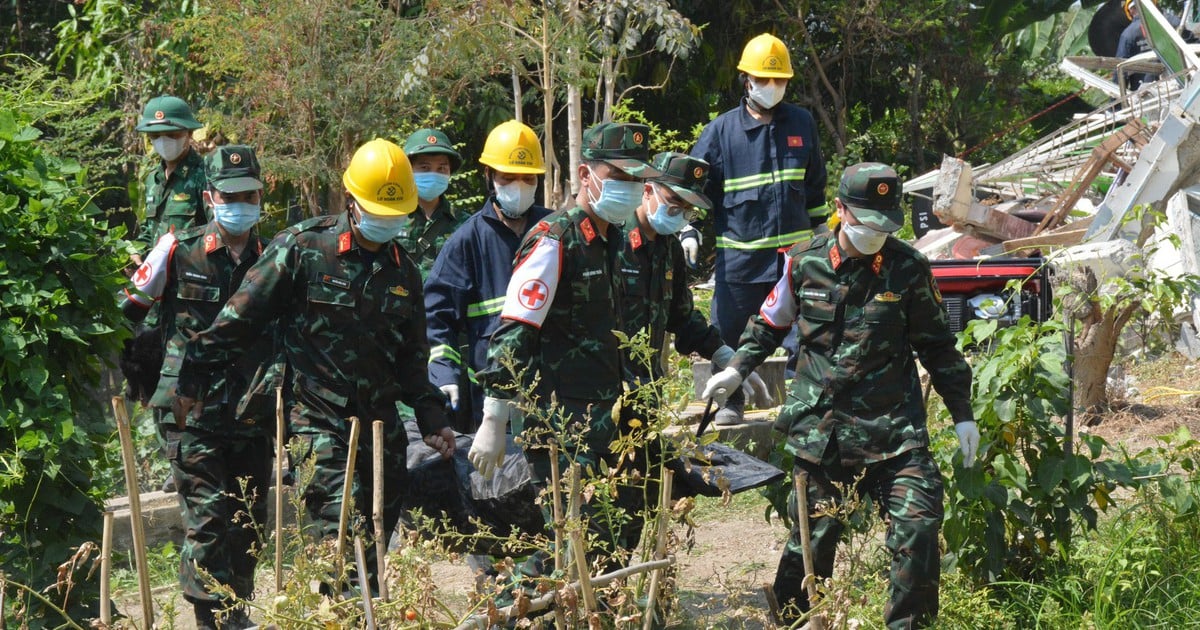



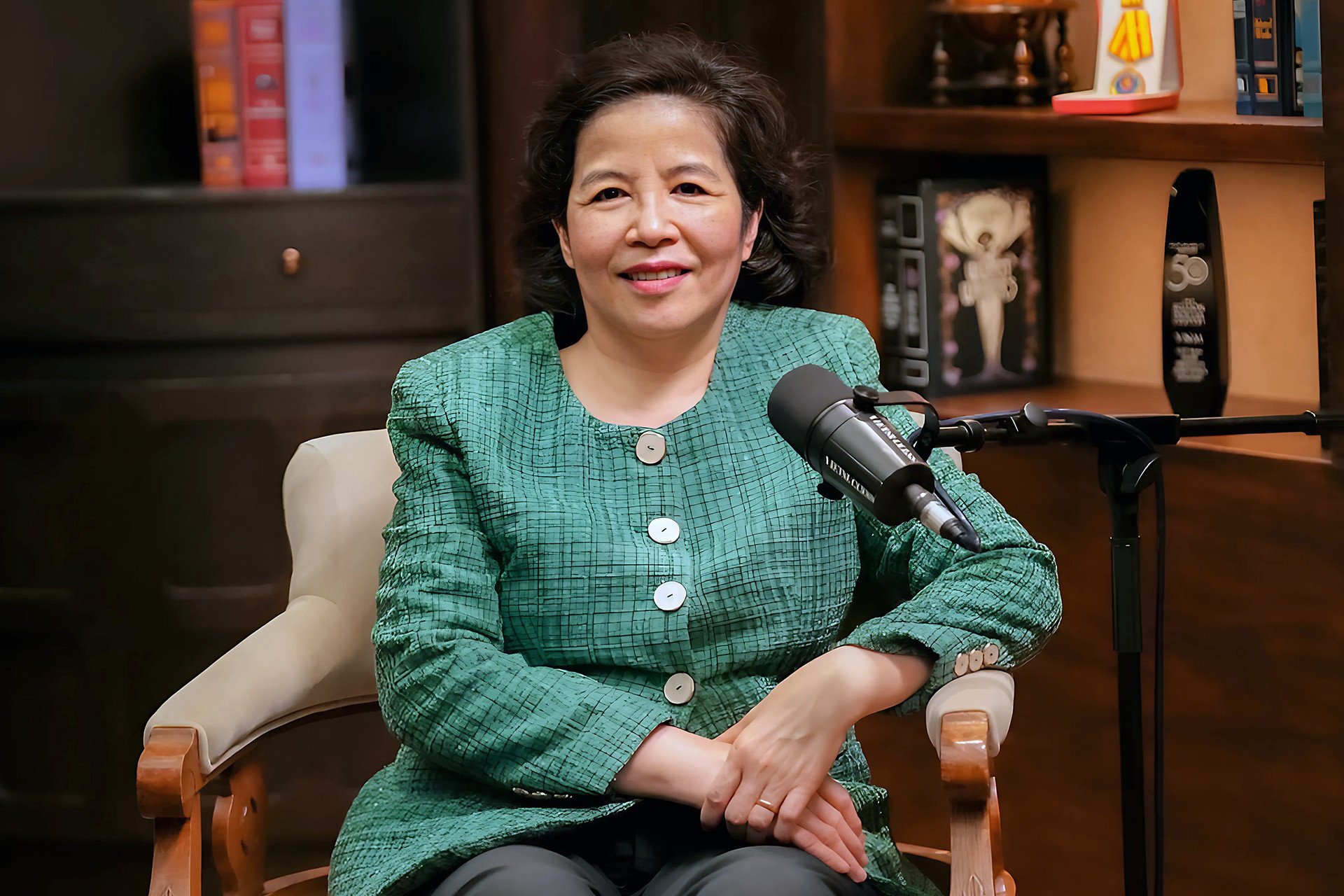


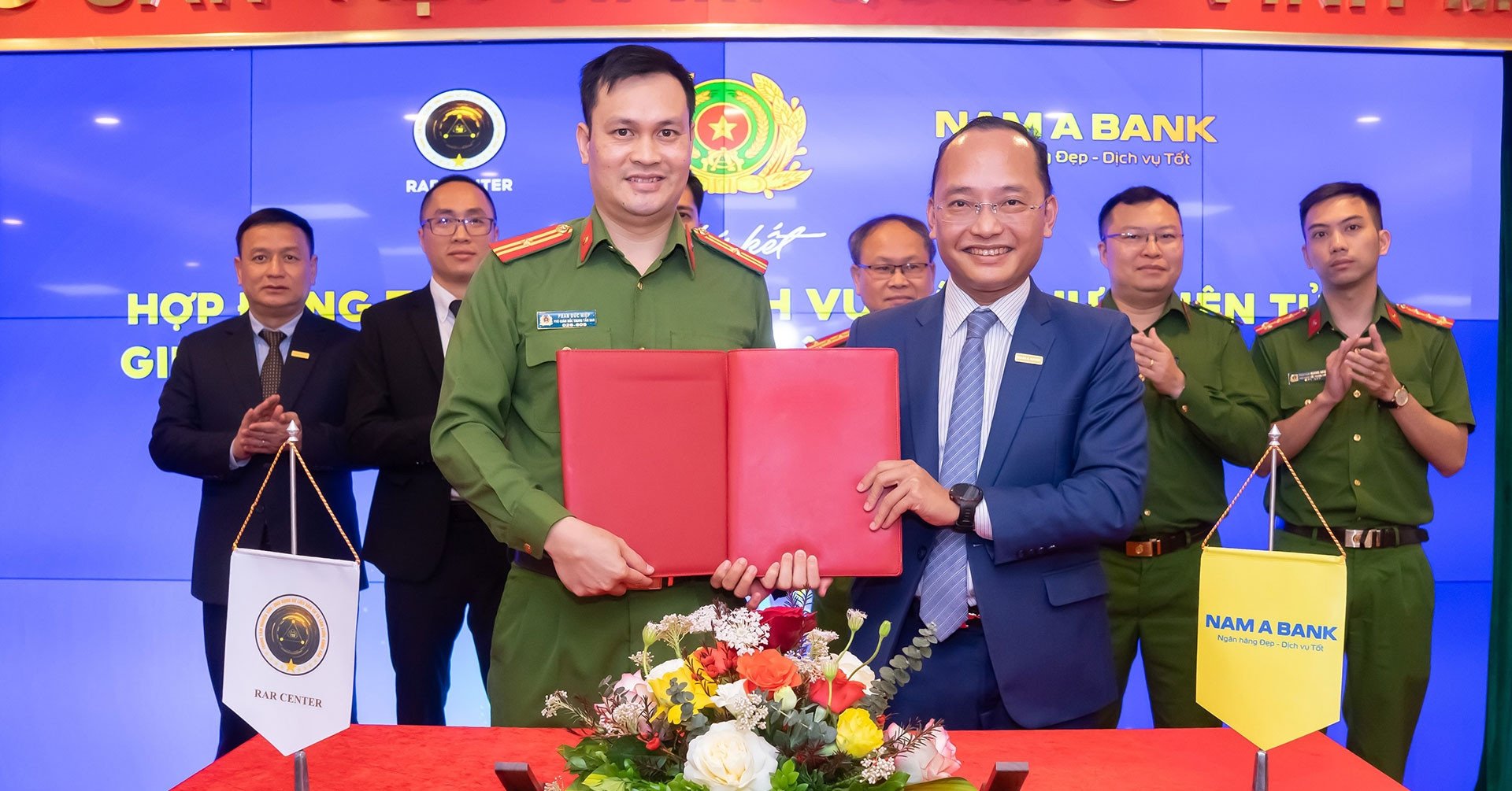

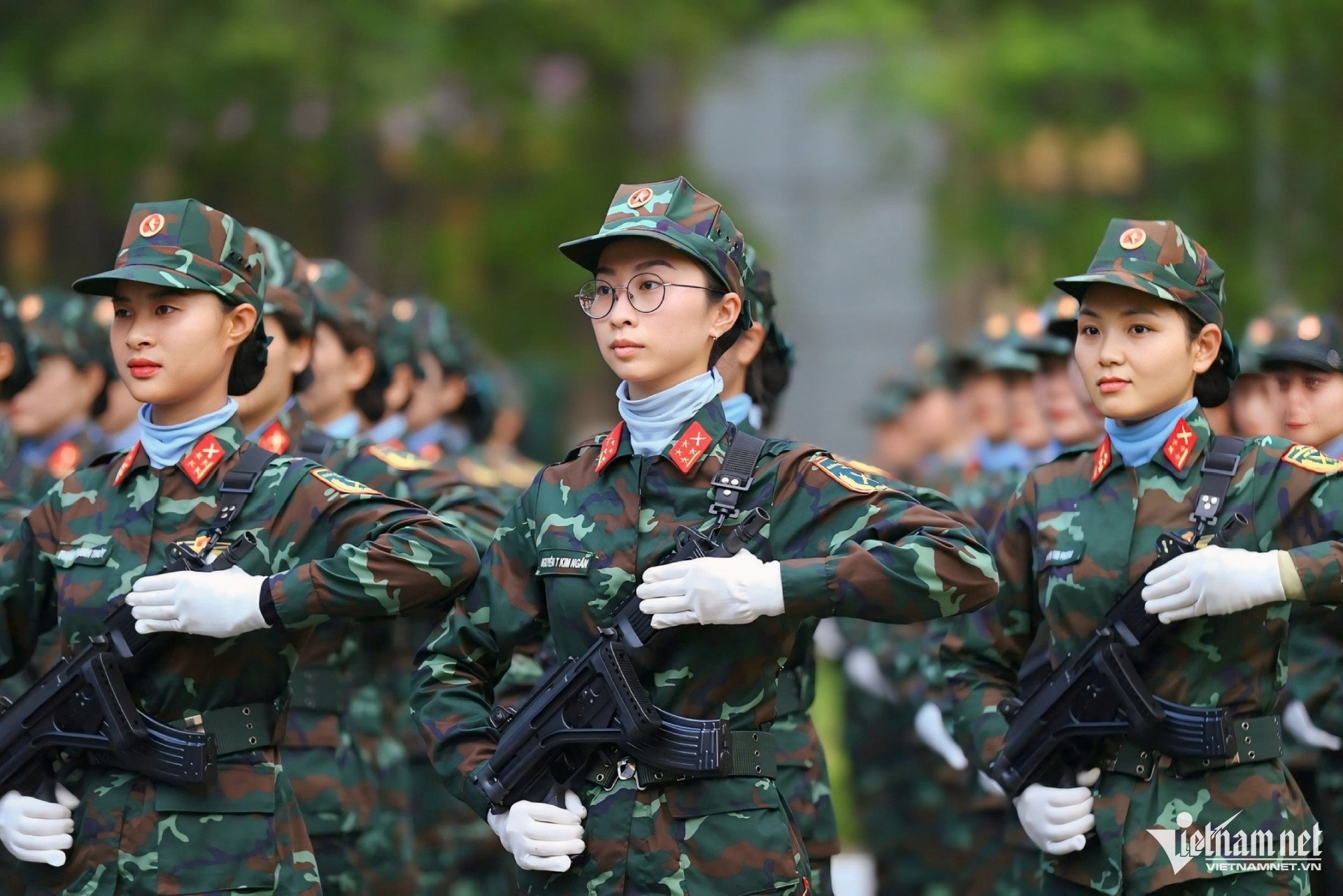
![[Photo] Reliving the heroic memories of the nation in the program "Hanoi - Will and belief in victory"](https://vstatic.vietnam.vn/vietnam/resource/IMAGE/2025/4/10/19ce7bfadf0a4a9d8e892f36f288e221)













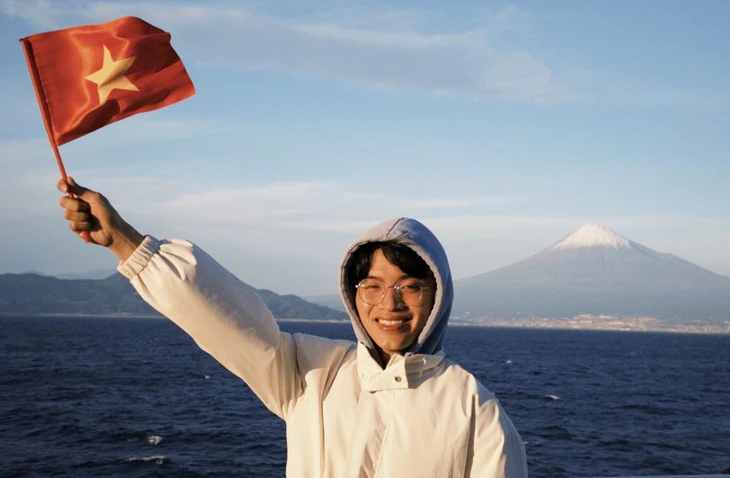



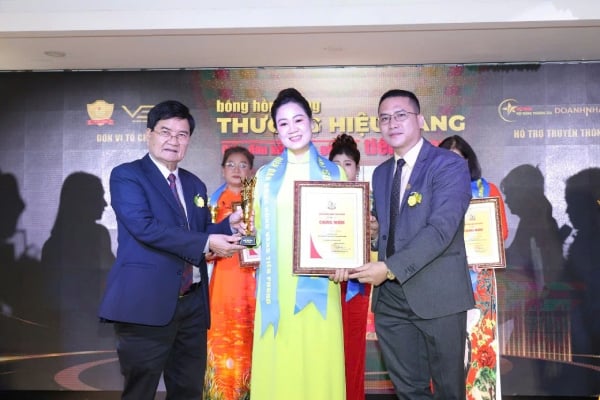



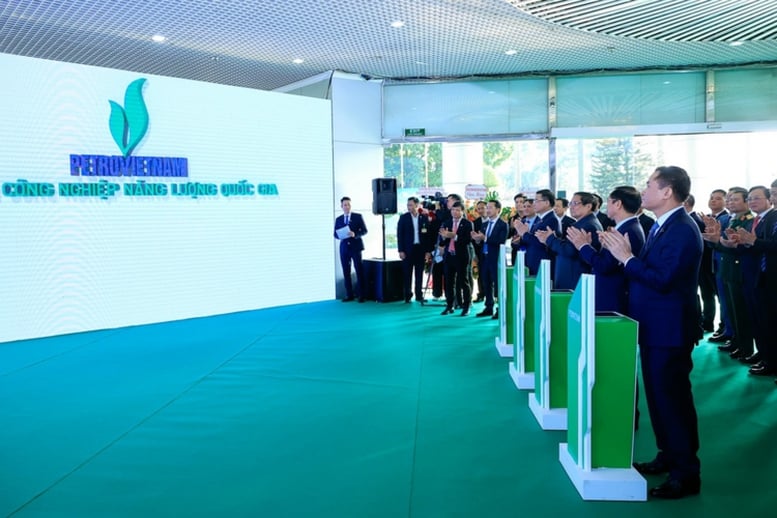

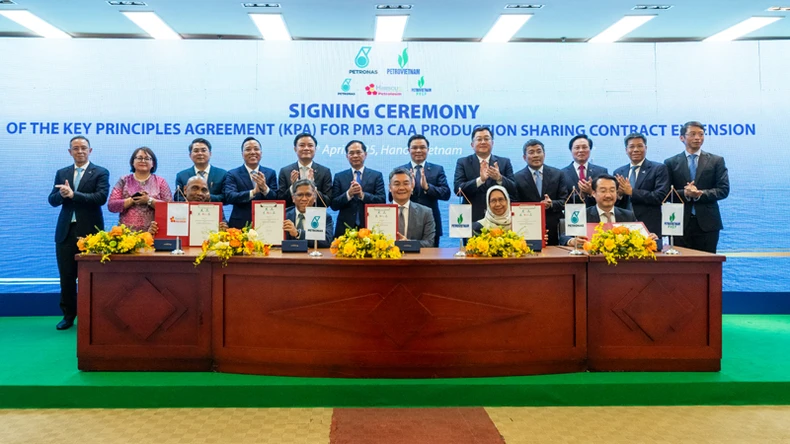

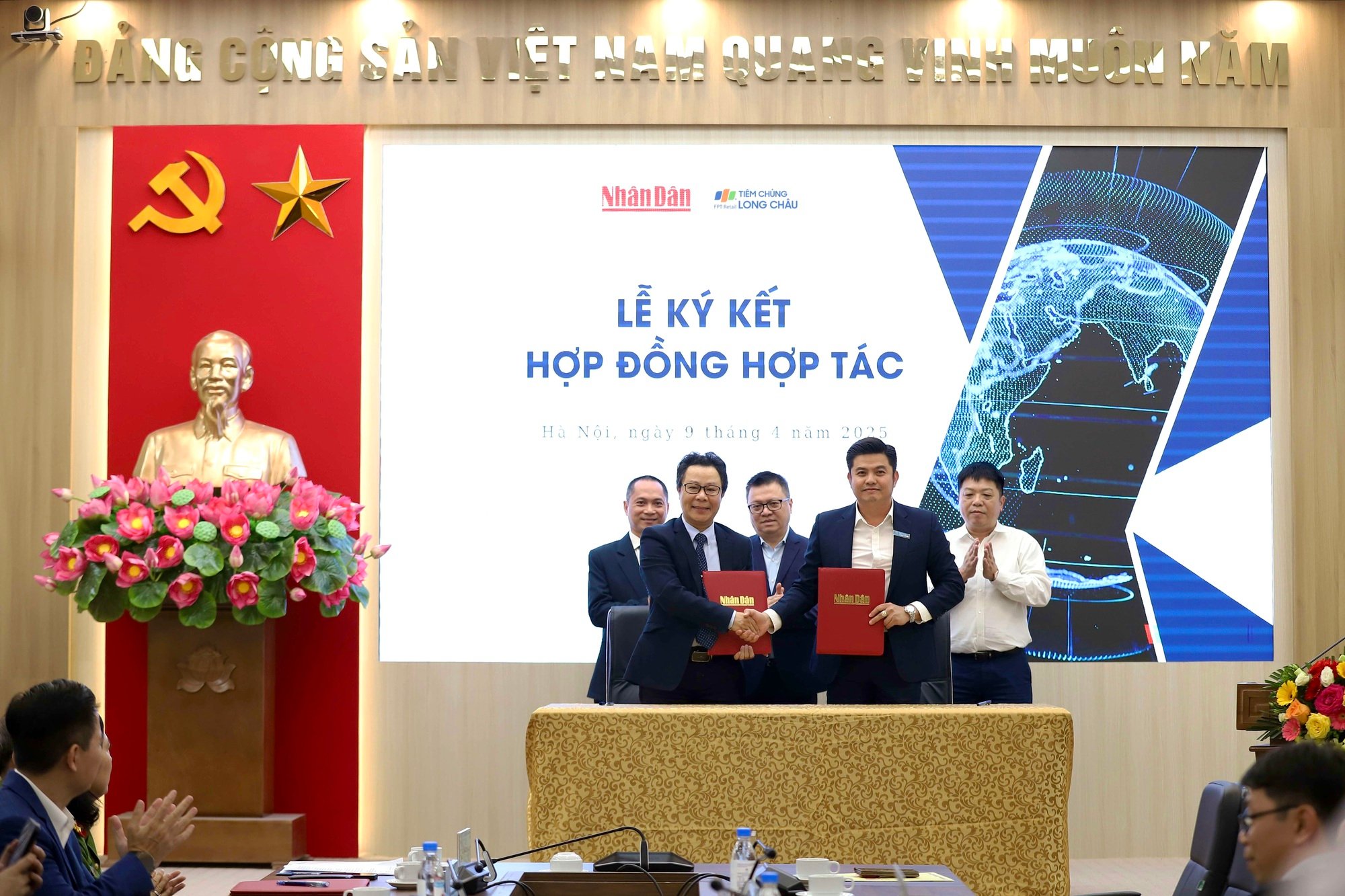
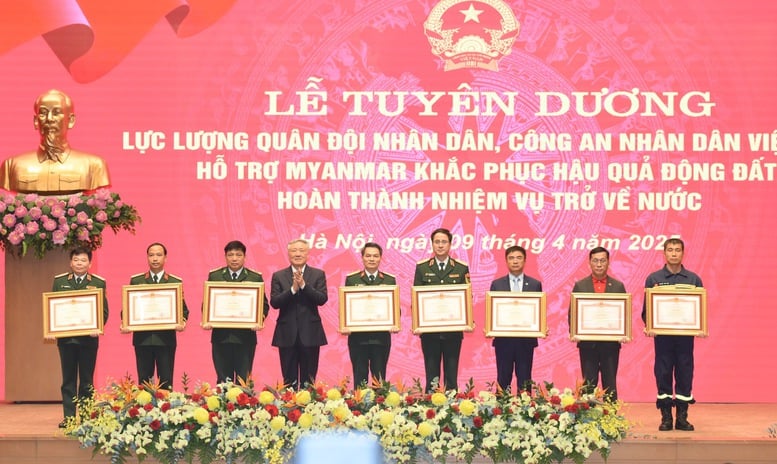
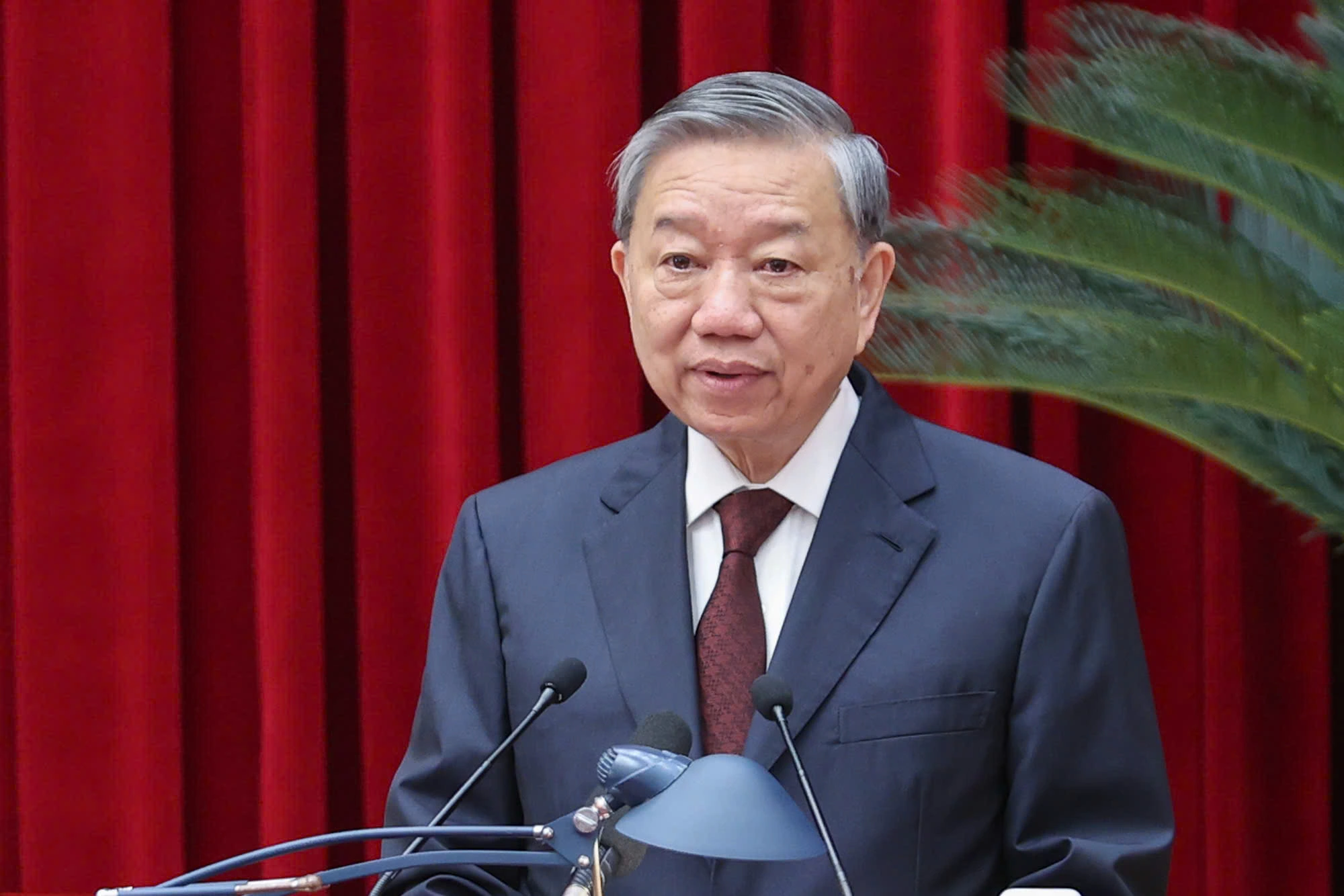
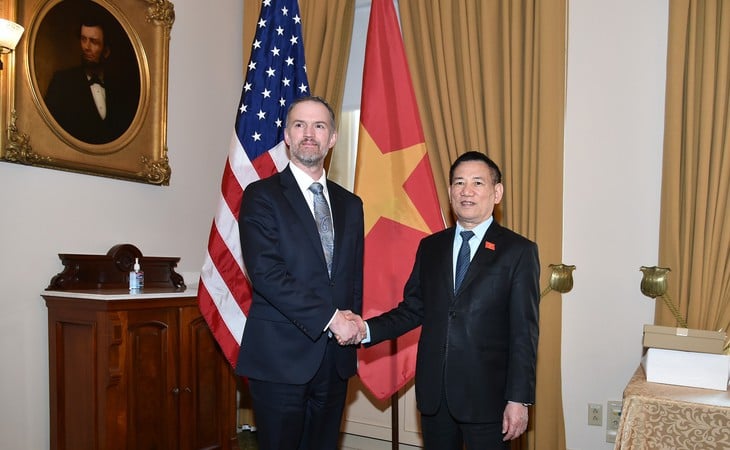
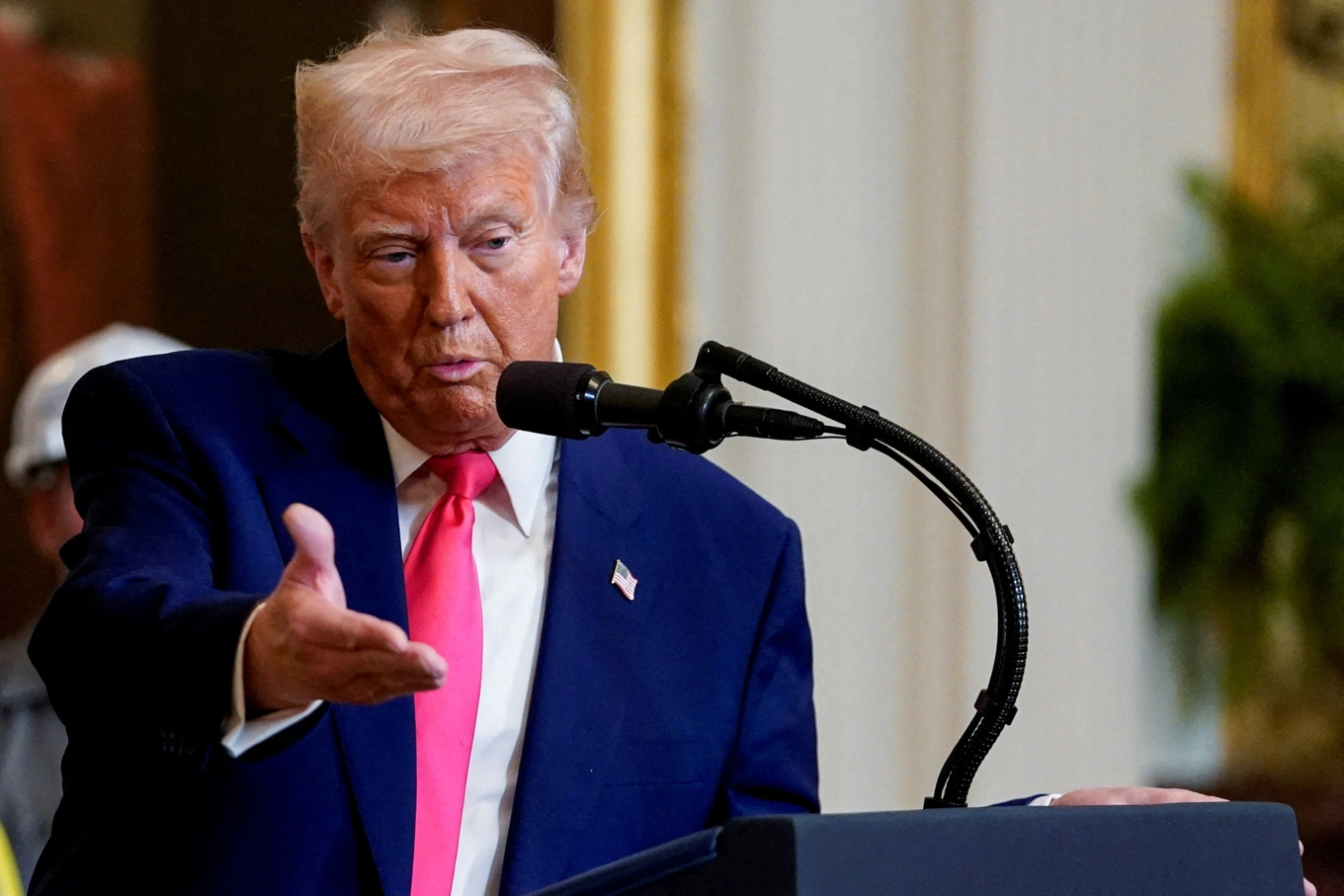
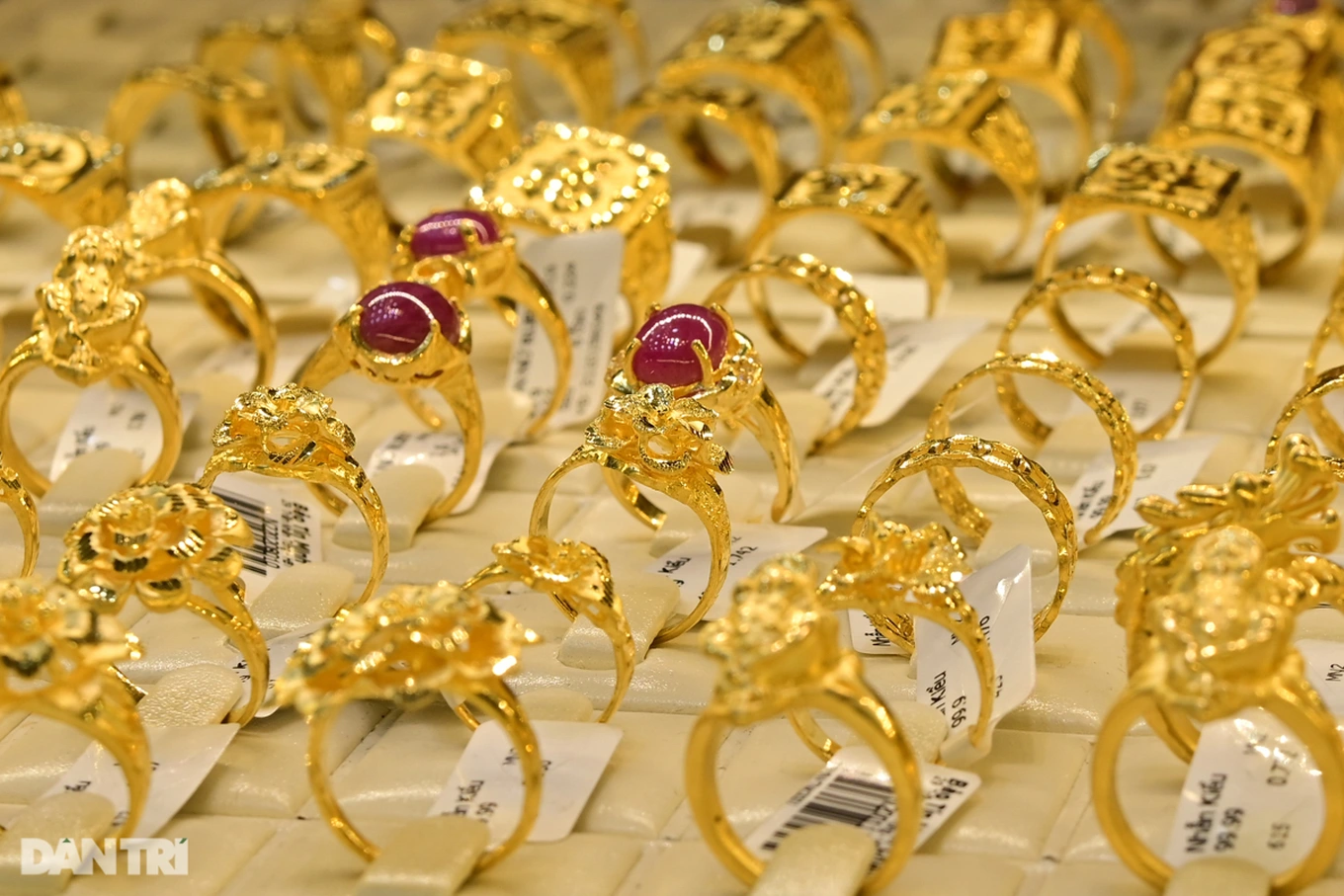
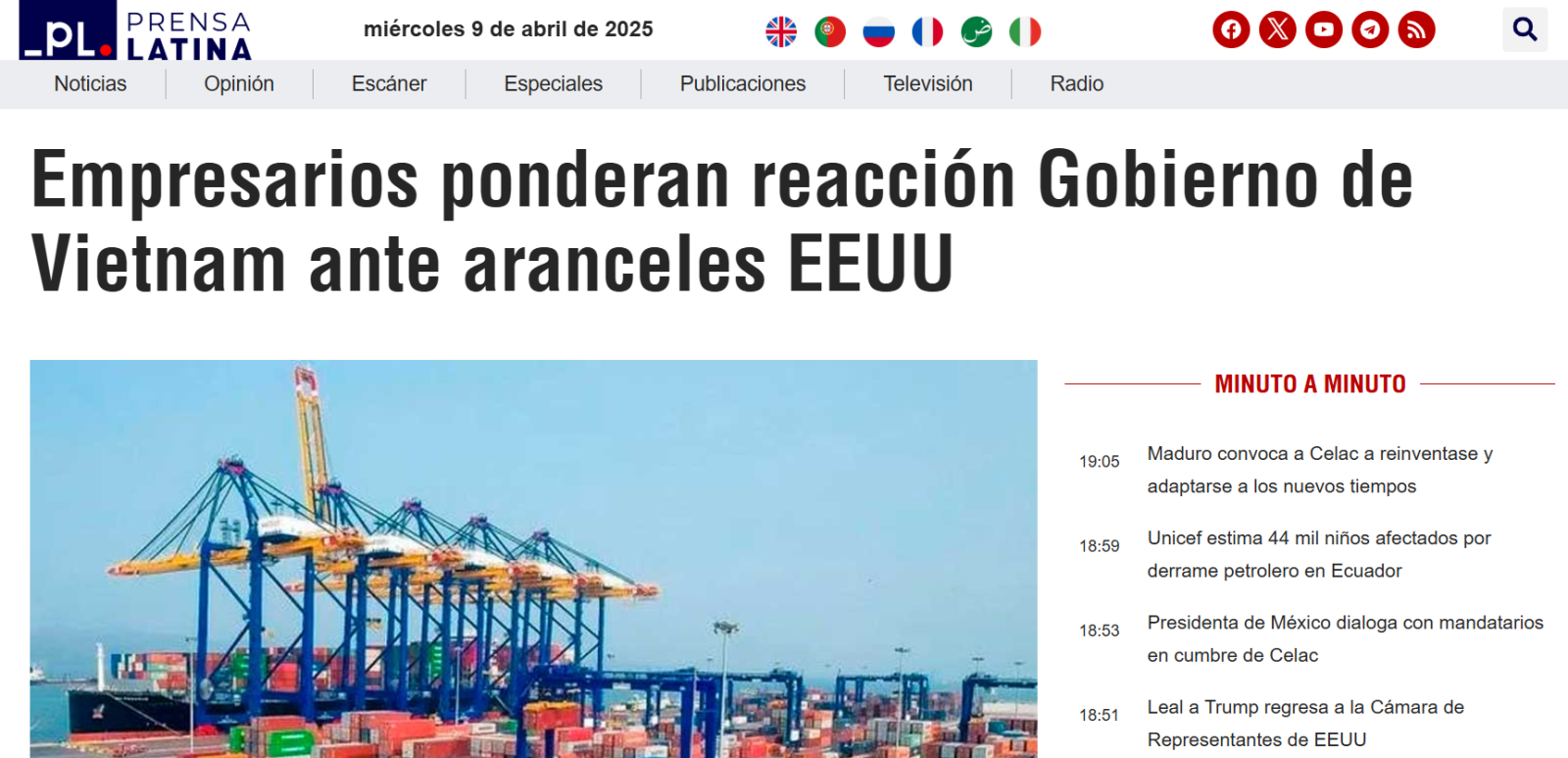

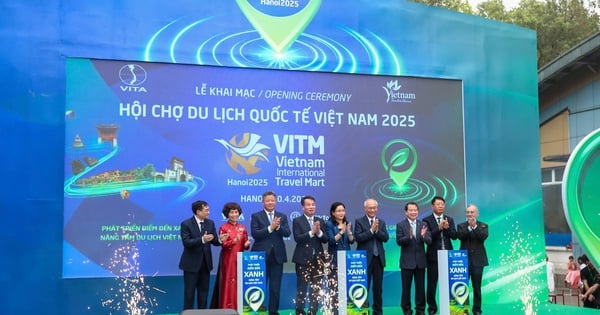

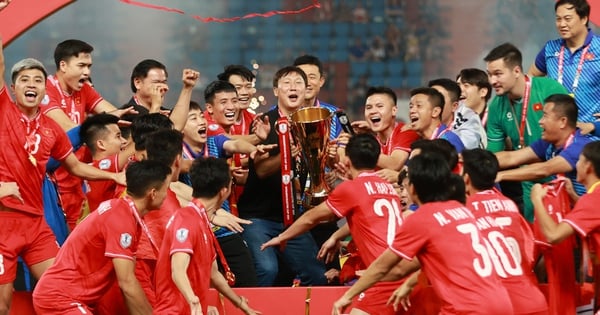
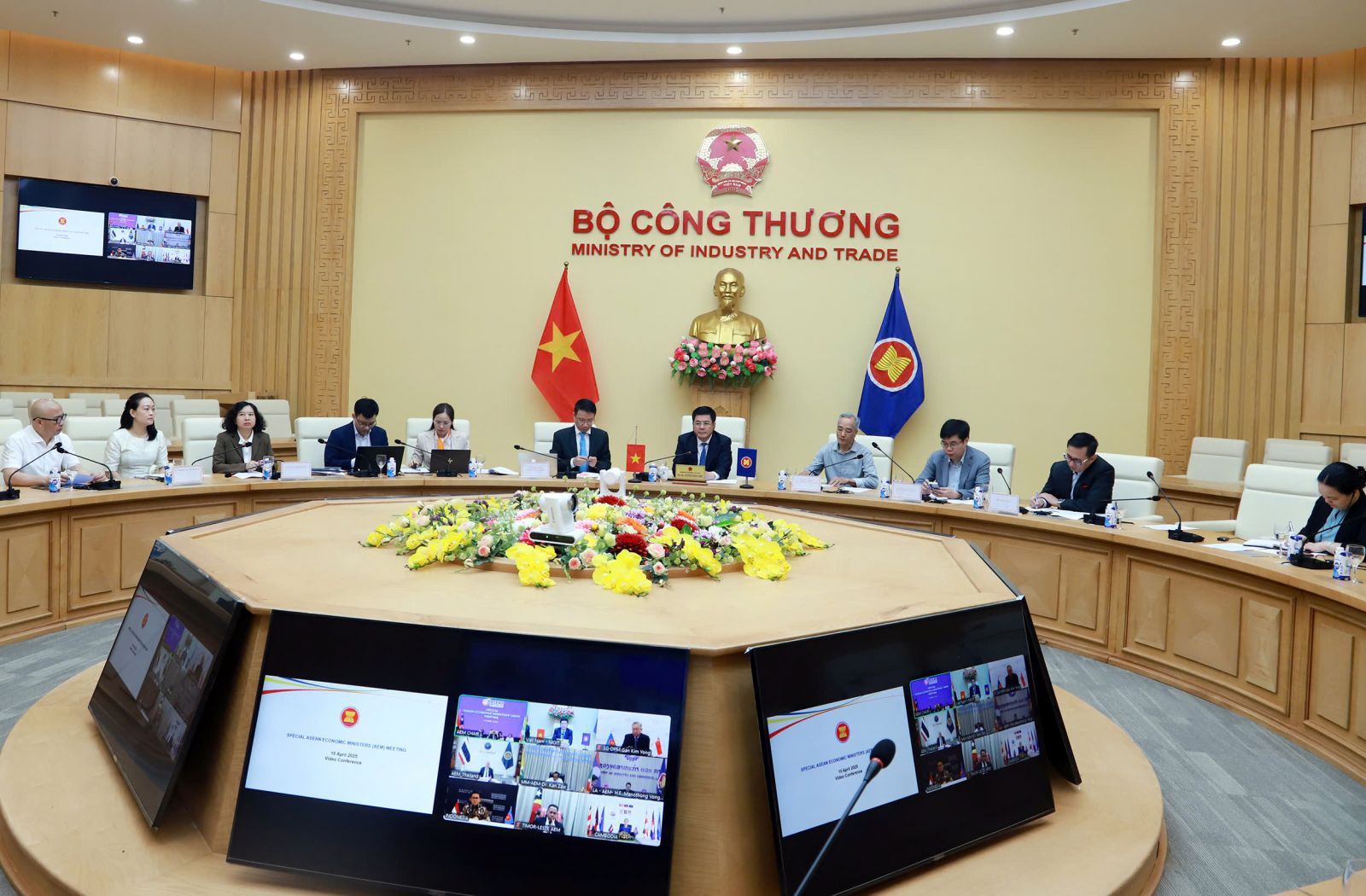

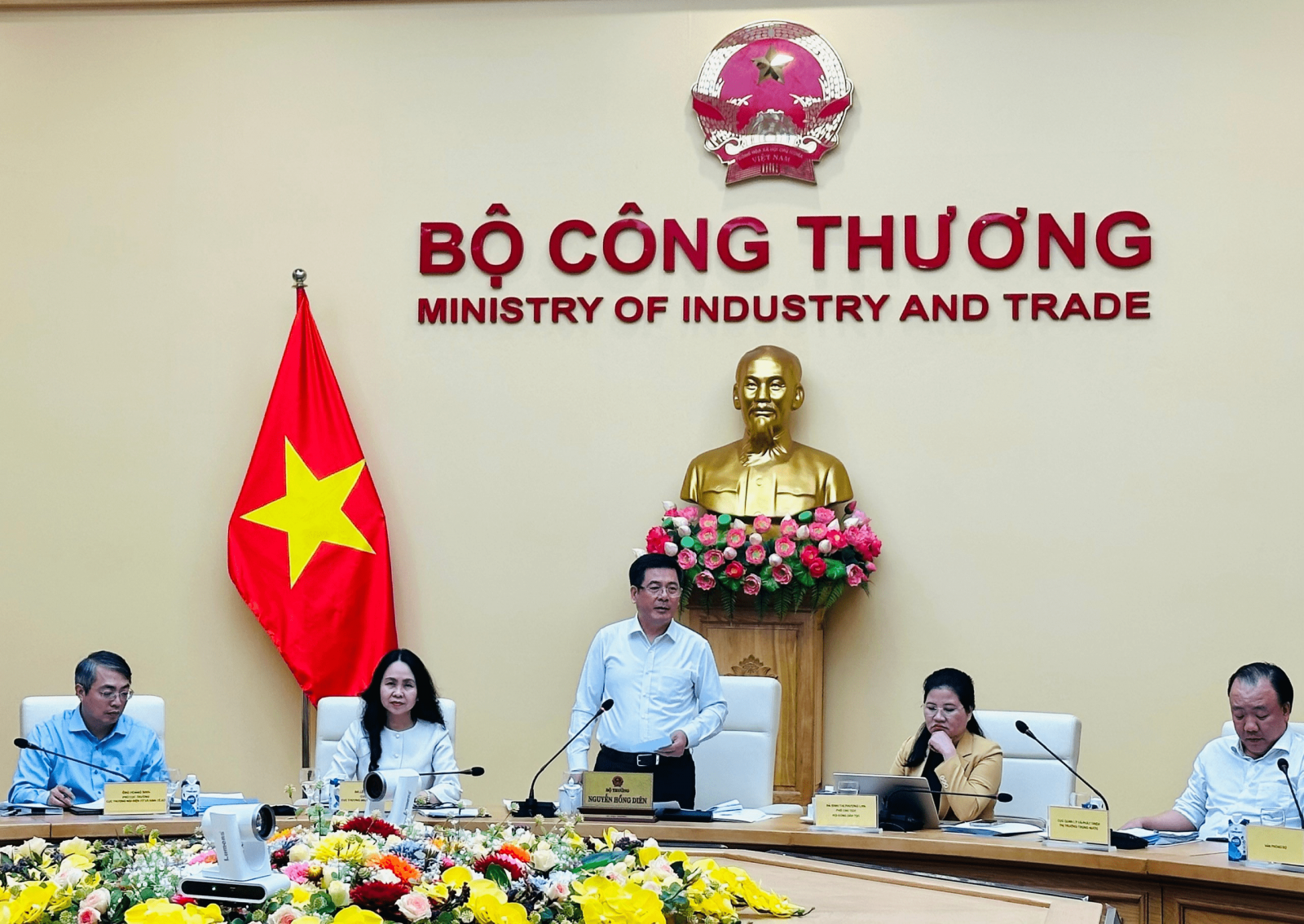

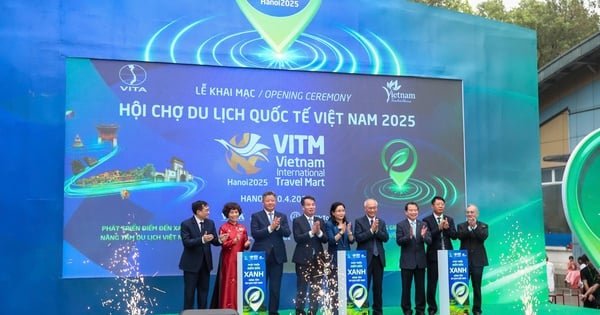
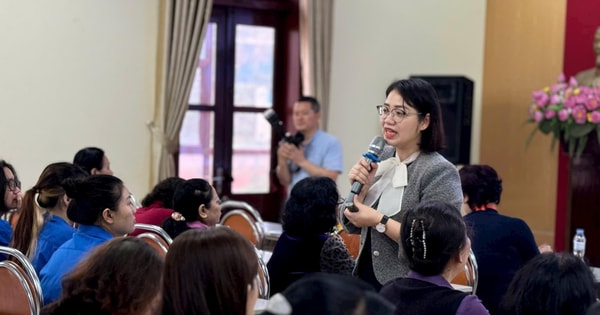


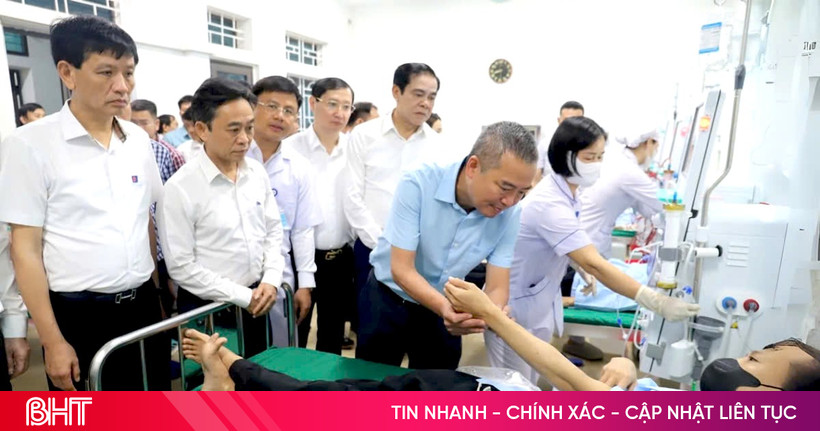


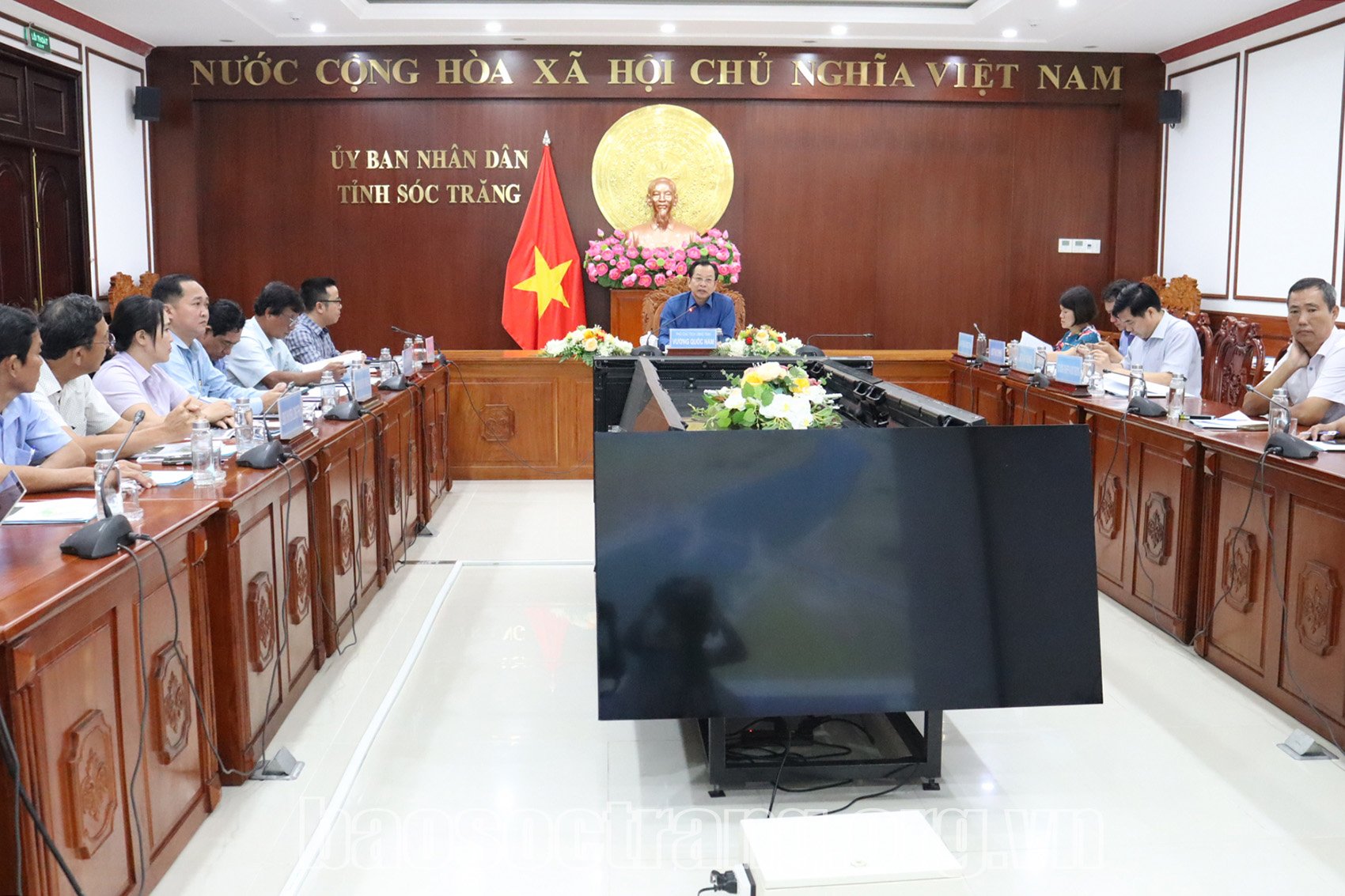

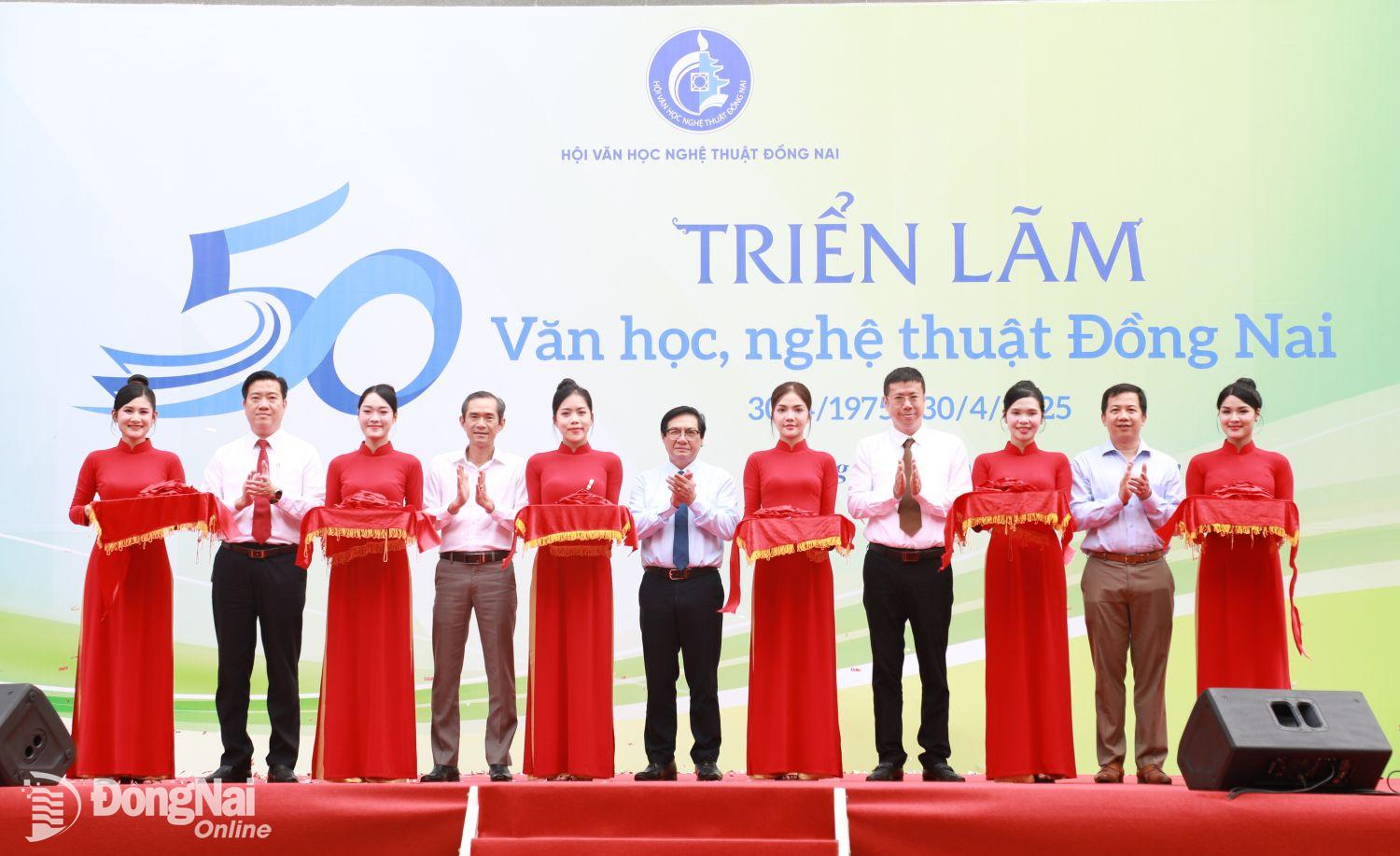









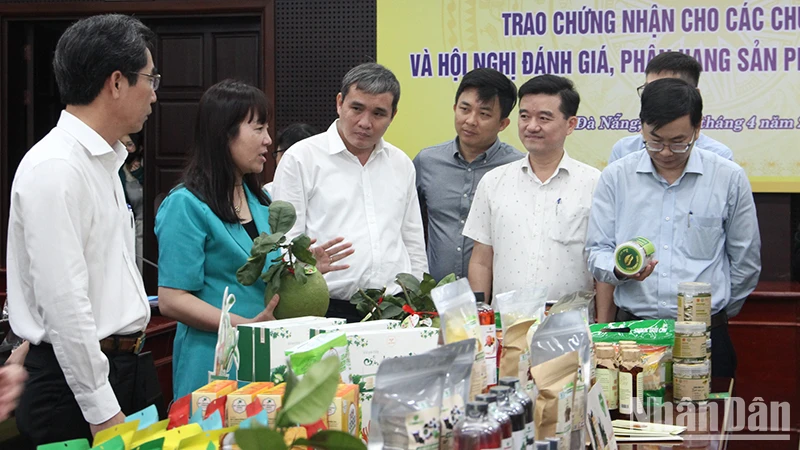
Comment (0)